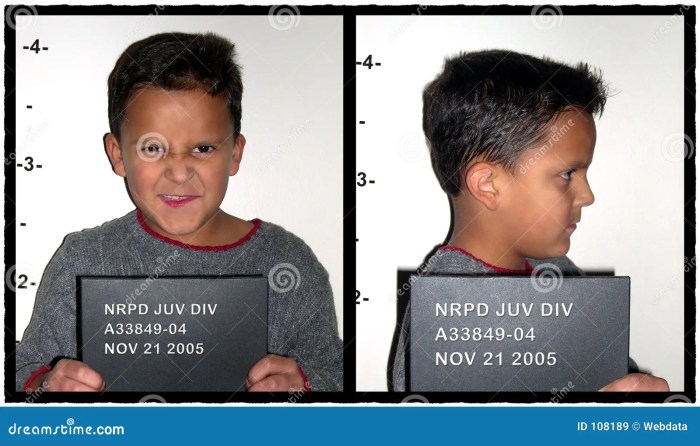Delinquent definition in the outsiders – Delinquent Definition in “The Outsiders” presents a gripping exploration of the complexities surrounding juvenile delinquency, inviting readers to delve into the factors that shape delinquent behavior, its far-reaching consequences, and the societal perceptions that often perpetuate a cycle of marginalization.
This multifaceted analysis promises to shed light on a pressing issue, offering valuable insights for understanding and addressing delinquency.
Delinquency Definition
Delinquency, as defined in the context of “The Outsiders”, refers to the unlawful or antisocial behavior exhibited by juveniles, typically involving violations of criminal laws or societal norms. These behaviors can range from minor offenses, such as trespassing or vandalism, to more serious crimes, such as assault or theft.
Legally, delinquency is often defined as any behavior that would constitute a crime if committed by an adult. However, the specific definition and consequences of delinquency can vary depending on the jurisdiction and the age of the offender.
Examples of Delinquent Behavior in “The Outsiders”
- Fighting and brawling
- Stealing
- Trespassing
- Vandalism
- Drinking alcohol and smoking
- Running away from home
Causes of Delinquency

Socioeconomic Factors
- Poverty
- Lack of access to education and employment opportunities
- Substandard housing and living conditions
Peer Pressure and Family Dynamics
- Influence of delinquent peers
- Lack of parental supervision and support
- Family conflict and instability
Psychological Factors
- Low self-esteem
- Lack of positive role models
- Mental health issues
Consequences of Delinquency

Short-Term Consequences
- Arrest and detention
- Probation or community service
- Suspension or expulsion from school
- Loss of privileges and opportunities
Long-Term Consequences
- Criminal record
- Difficulty obtaining employment and education
- Increased risk of future criminal behavior
- Negative impact on relationships and social functioning
Role of the Justice System
- Juvenile courts
- Rehabilitation programs
- Sentencing and punishment
Societal Perceptions of Delinquency

Stereotypes and Prejudices
- Delinquents are inherently bad or evil
- Delinquency is a sign of moral weakness
- Delinquents are beyond redemption
Media Portrayal
- Sensationalized and inaccurate depictions
- Reinforcement of negative stereotypes
- Impact on public opinion and policy
Labeling Theory
- Delinquency is a label applied by society
- Once labeled, individuals internalize the label and behave accordingly
- Can lead to a self-fulfilling prophecy
Prevention and Intervention Strategies
Prevention Strategies
- Early childhood education and intervention
- Positive youth development programs
- Community-based initiatives
Intervention Strategies
- Counseling and therapy
- Rehabilitation programs
- Mentoring and support groups
Effectiveness of Intervention Programs, Delinquent definition in the outsiders
- Can reduce recidivism rates
- Improve educational and employment outcomes
- Promote positive social development
Common Queries: Delinquent Definition In The Outsiders
What is the legal definition of delinquency in the context of “The Outsiders”?
Delinquency, as depicted in “The Outsiders,” refers to illegal or antisocial behavior committed by minors that falls short of criminal offenses typically prosecuted in adult courts.
How do socioeconomic factors contribute to delinquency among the characters in “The Outsiders”?
The novel highlights the influence of poverty, lack of opportunity, and dysfunctional family dynamics in shaping the delinquent behavior of characters such as Ponyboy, Johnny, and Dally.
What are the short-term and long-term consequences of delinquent behavior for the characters in “The Outsiders”?
The story illustrates the immediate repercussions of delinquency, such as arrest and detention, as well as the lasting effects on their relationships, education, and future prospects.